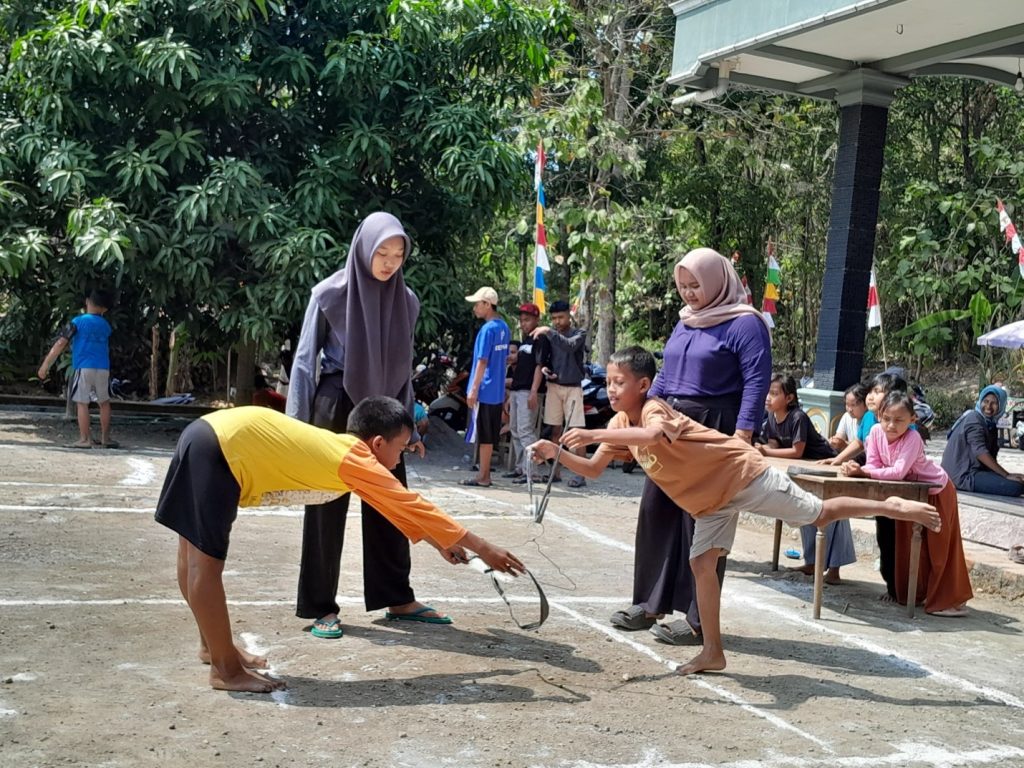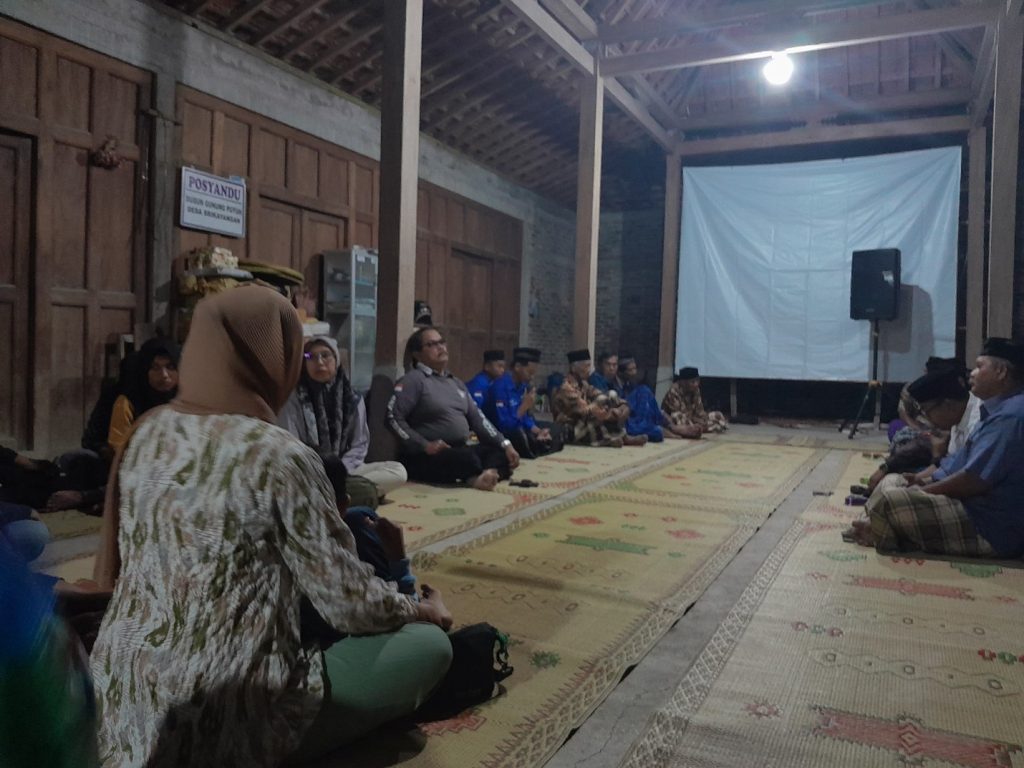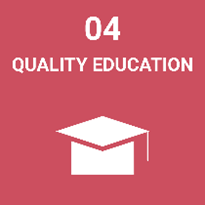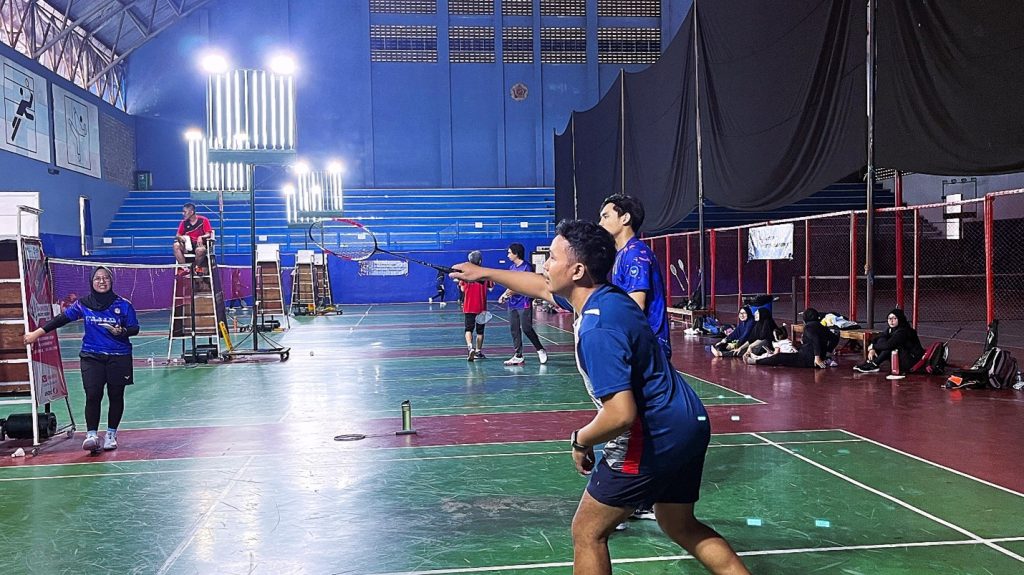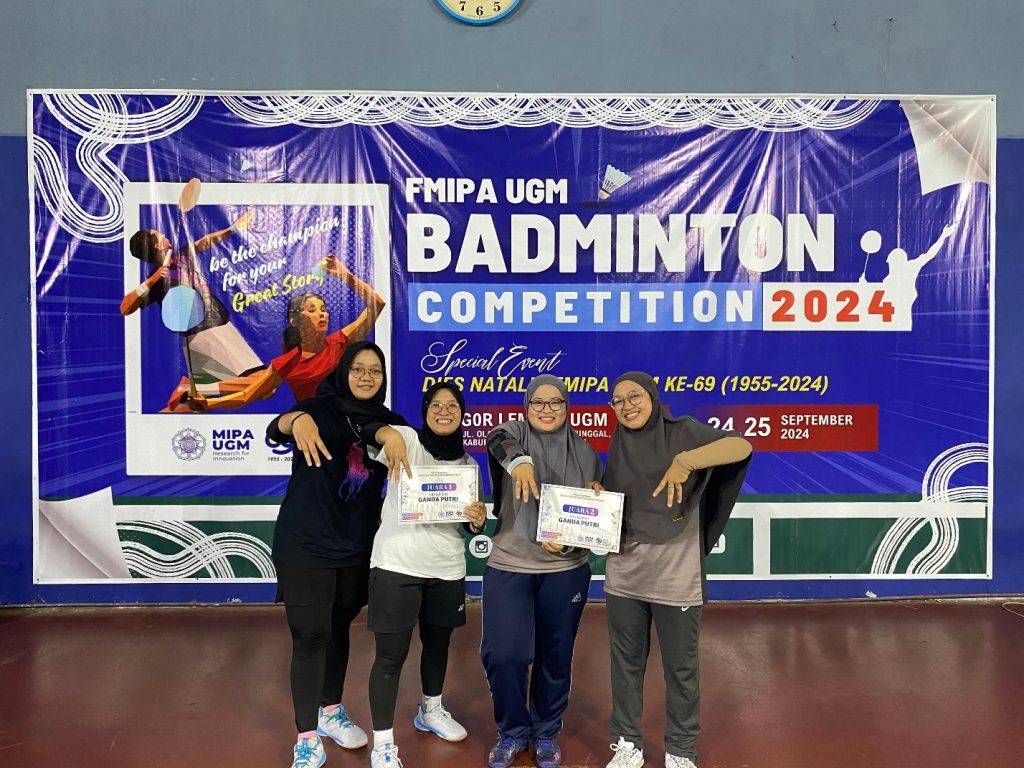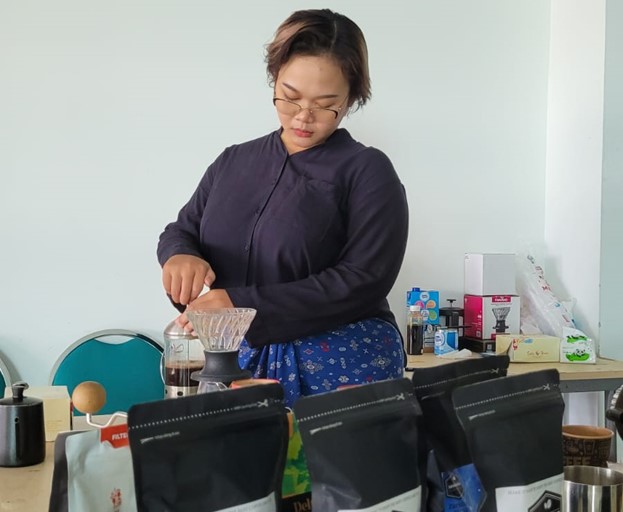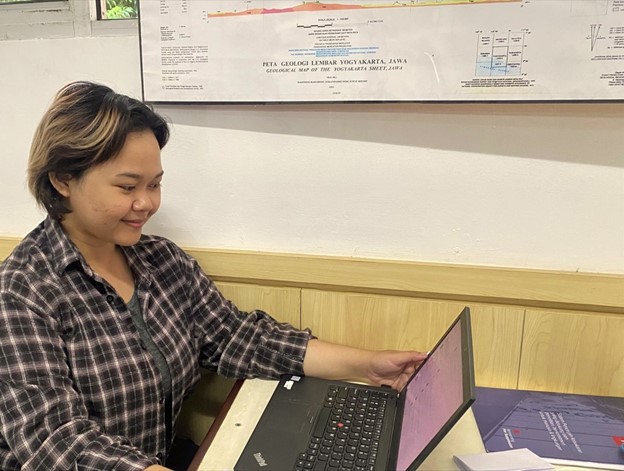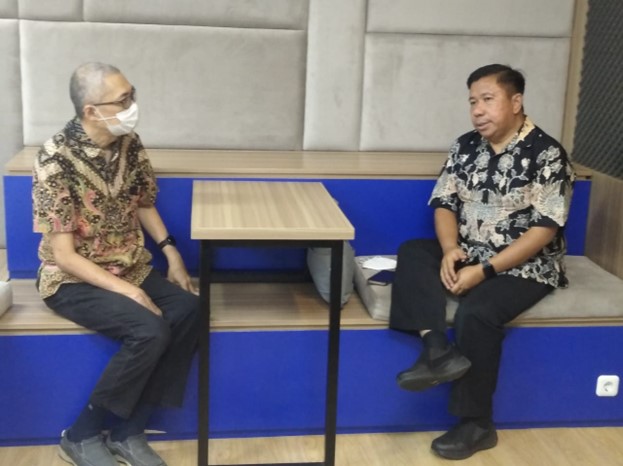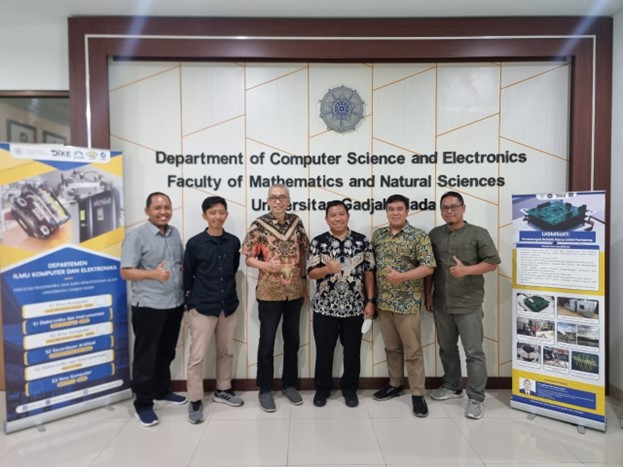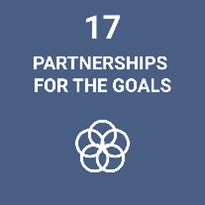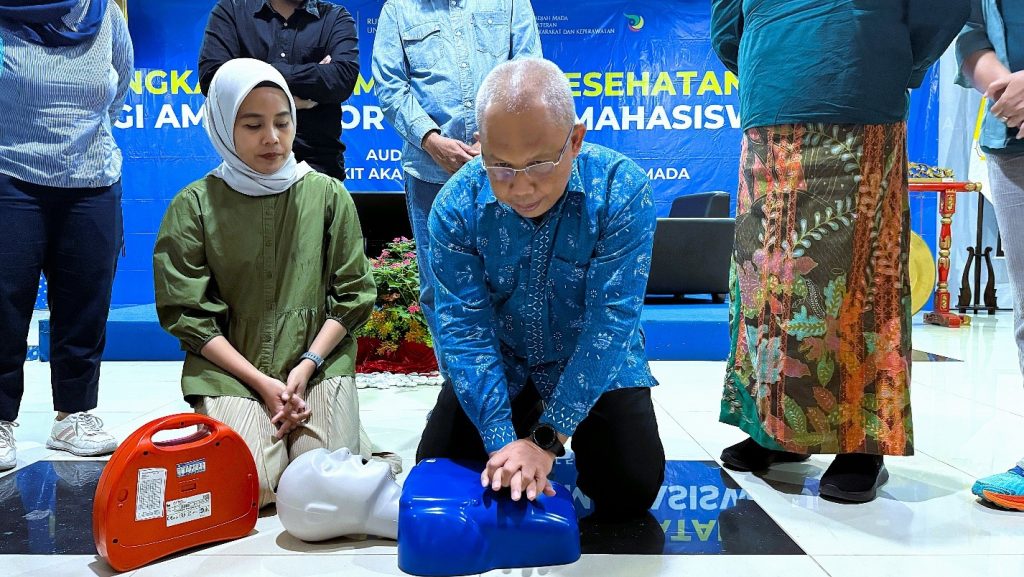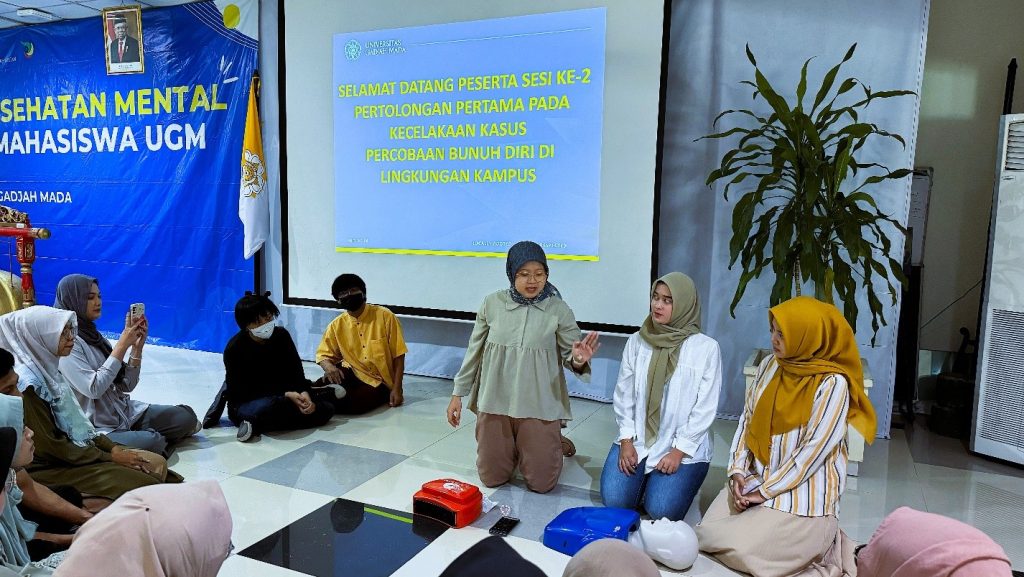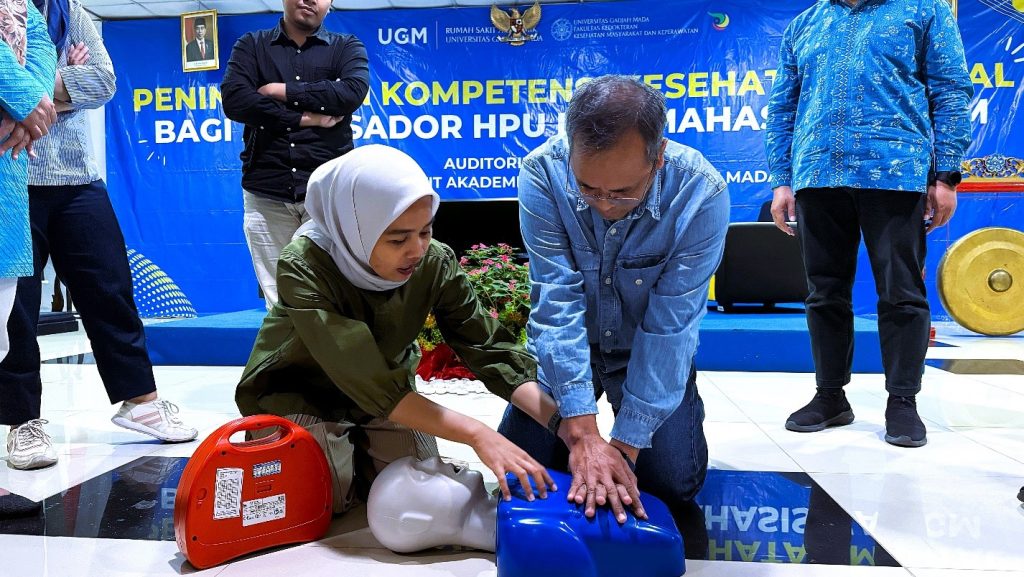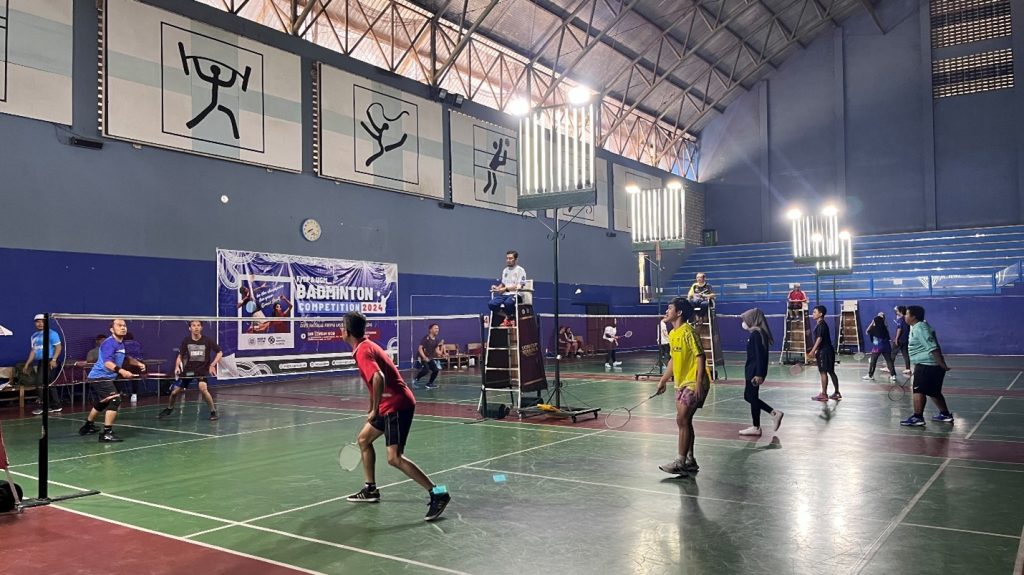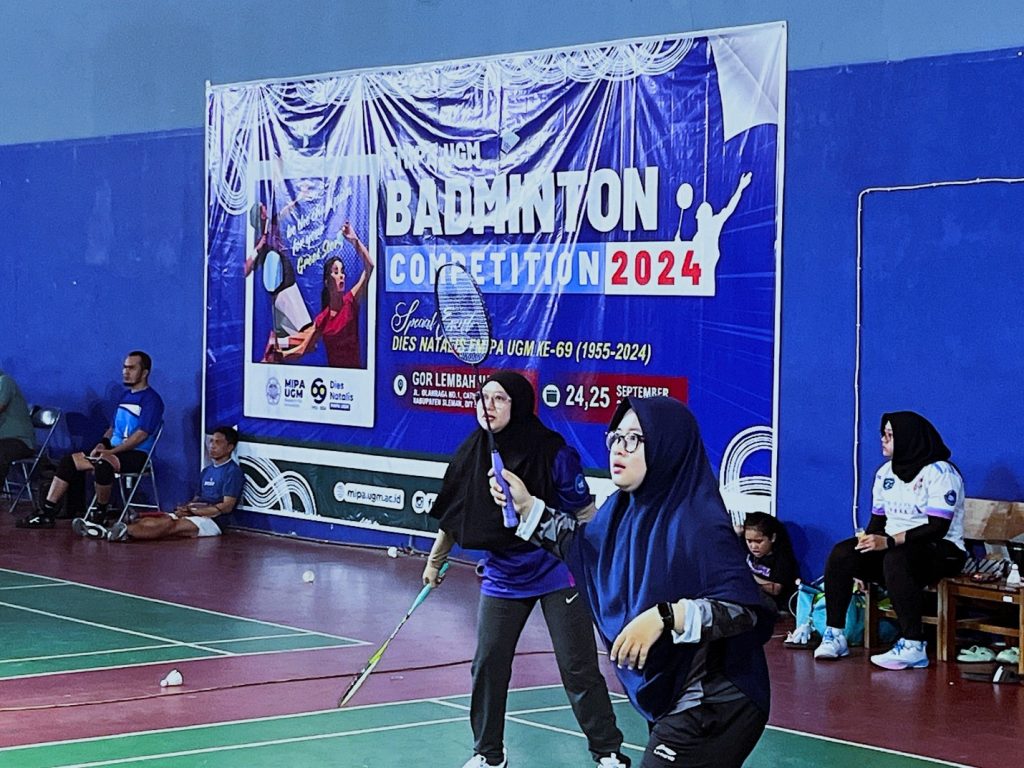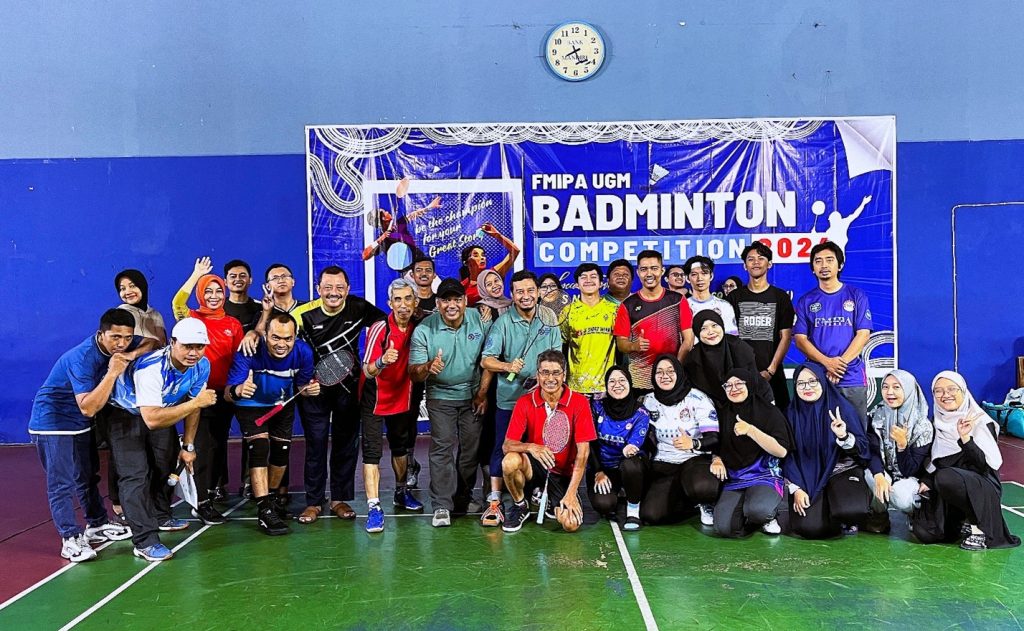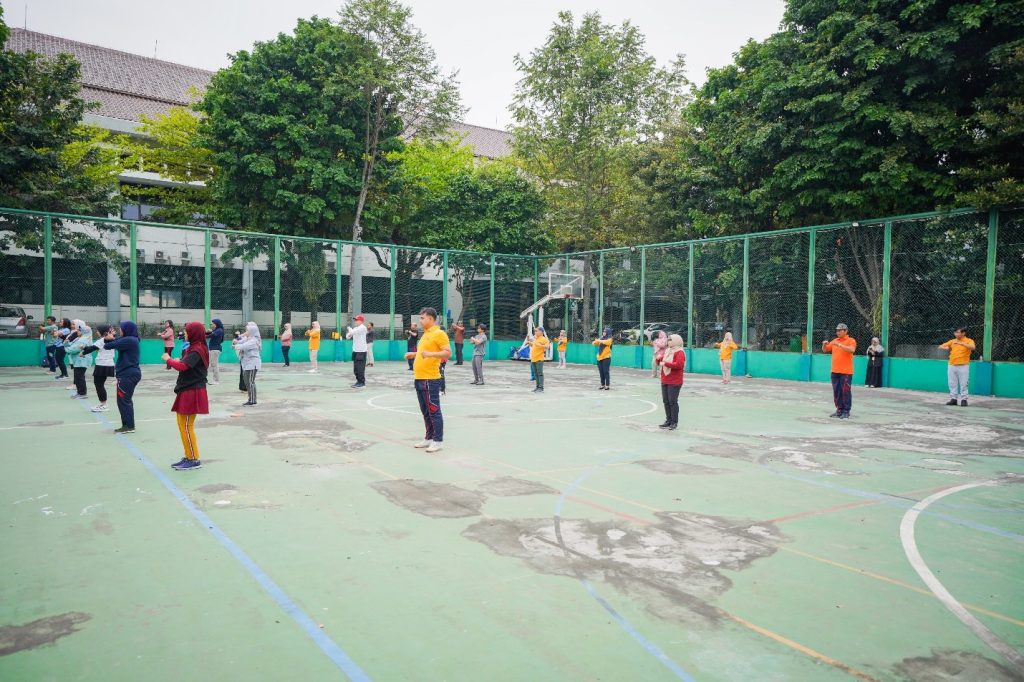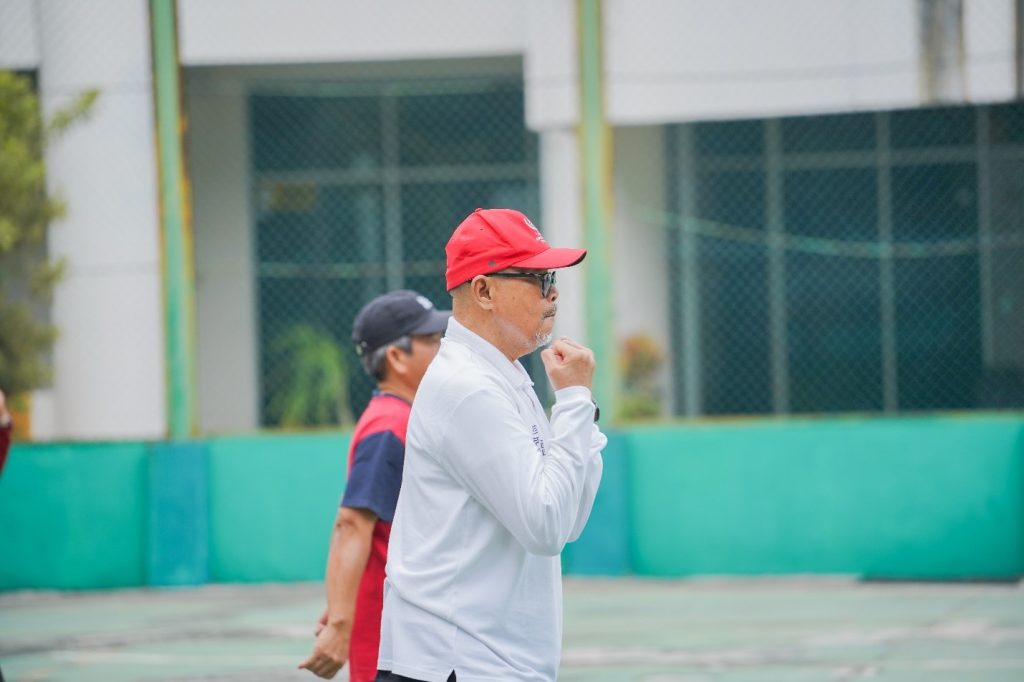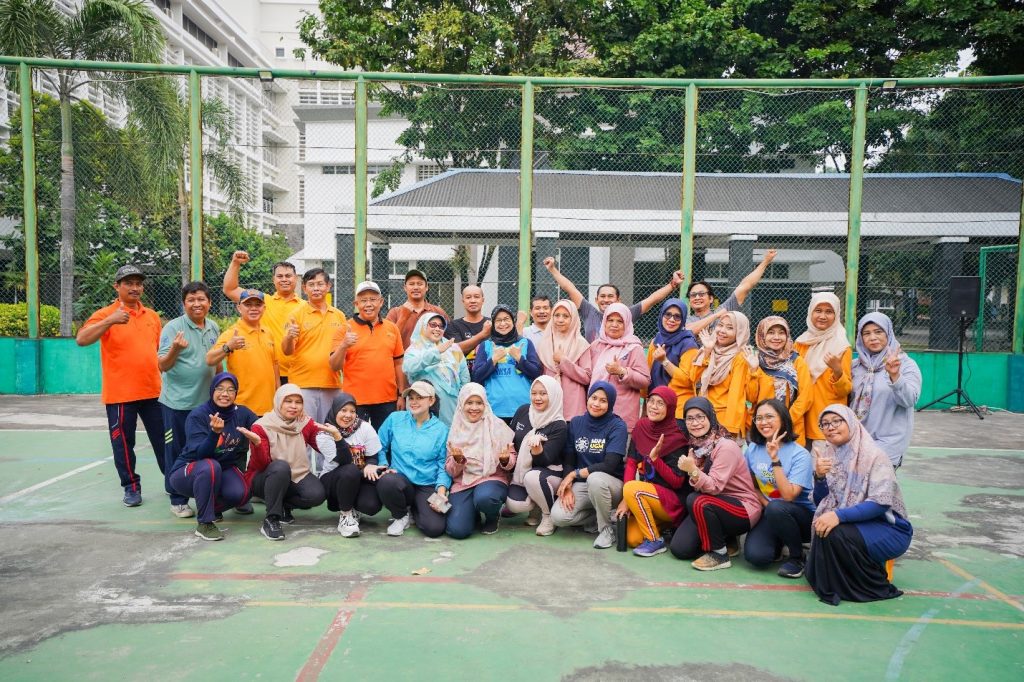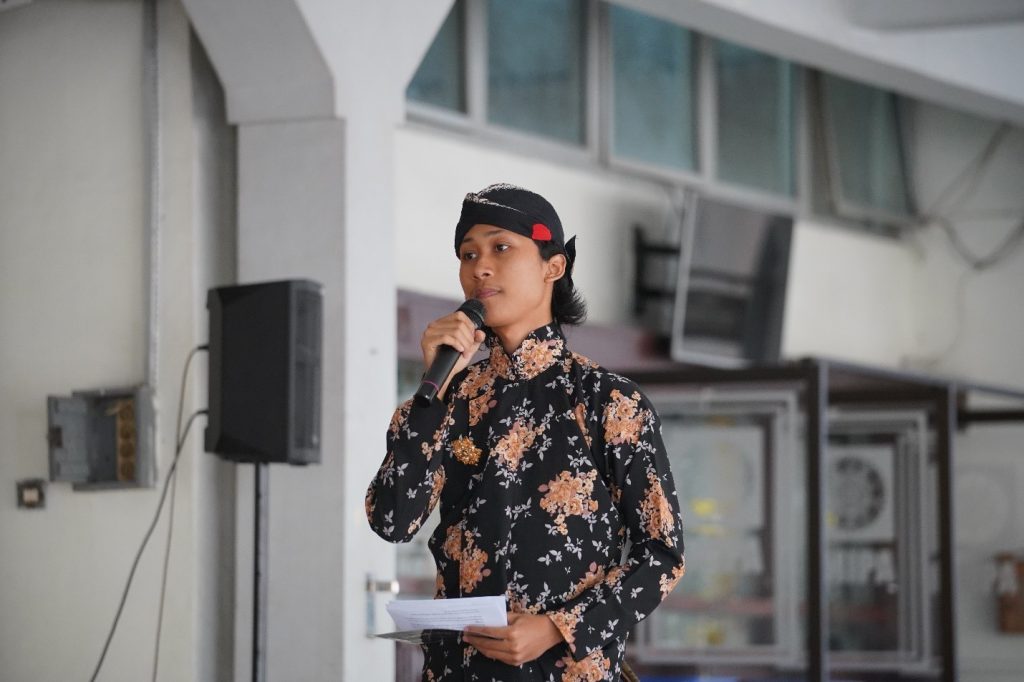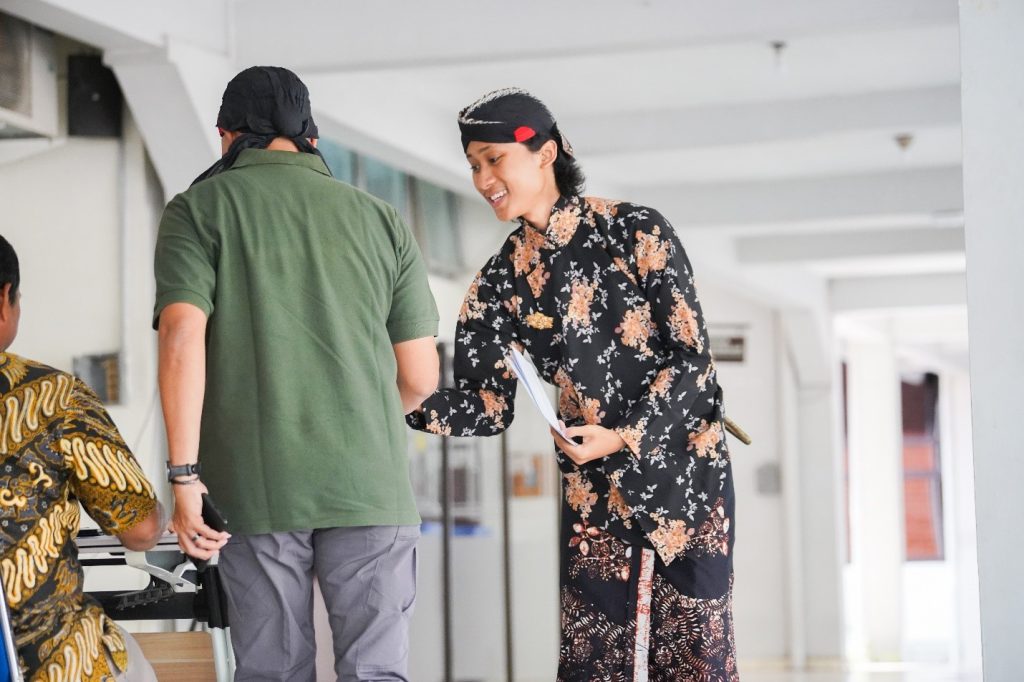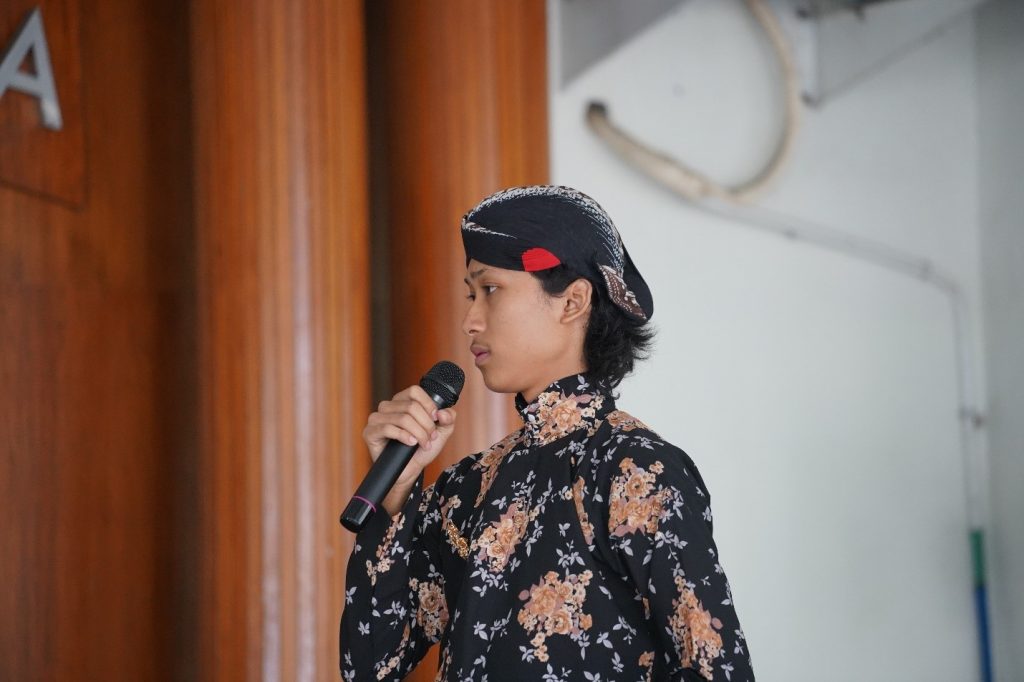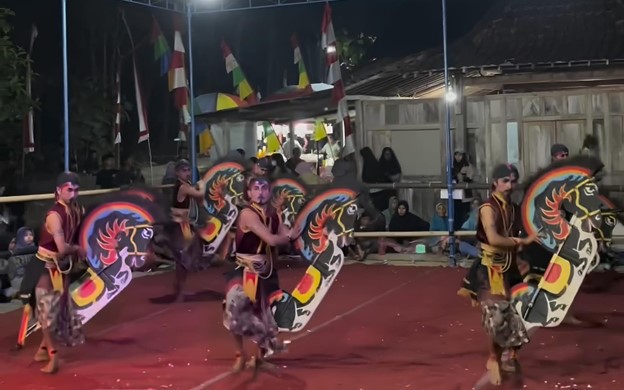
Cerita Fayza, Mahasiswa FMIPA UGM KKN Rayakan Hari Kemerdekaan di Desa Budaya Kulon Progo
Merayakan Hari Kemerdekaan di lokasi KKN tidak pernah terbayangkan sebelumnya oleh Fayza, mahasiswi Geofisika FMIPA UGM. Pada saat bulan Agustus, Fayza beserta tim turut mengadakan serangkaian acara dalam rangka memperingati Hari Kemerdekaan Republik Indonesia seperti bermacam perlombaan dan pentas seni. Dengan menggandeng Karang Taruna Bina Remaja Dusun Gunung Puyuh, Fayza bersama tim melaksanakan lomba dari tanggal 10 Agustus 2024 di Balai Padukuhan Gunung Puyuh. Lomba tersebut terdiri atas Corong Maut (menggiring bola dengan mata ditutupi corong), Estafet Hanger, Trenggiling (merangkak memakai kardus), dan gobak sodor untuk peserta anak-anak. Untuk peserta ibu-ibu ada flamingo (estafet air dimasukkan ke botol tetapi mata ditutup corong), tampah tumpah, dan memasukkan paku ke dalam botol.
Selanjutnya, pada tanggal 16 Agustus dilaksanakan malam tirakatan untuk mengenang jasa pahlawan serta pembagian hadiah lomba. Kemudian, pada tanggal 17 Agustus 2024, dilaksanakan pertunjukkan seni Jathilan (pentas kuda lumping) dan topengan.
“Harapannya, ke depan semoga dapat terus dilanjutkan untuk dapat memeriahkan semarak kemerdekaan dan melestarikan tradisi,” papar Fayza.
Kegiatan KKN yang dilaksanakan oleh Fayza beserta timnya merupakan implementasi dari SDGs nomor 4 yaitu Pendidikan Berkualitas melalui peningkatan keterampilan mahasiswa dalam pengabdian masyarakat serta nomor 17 yaitu Kemitraan untuk Mencapai Tujuan dalam memajukan desa lokasi penempatan KKN.
Penulis: Febriska Noor Fitriana
Dokumentasi: Fayza Indhira Pramesti
